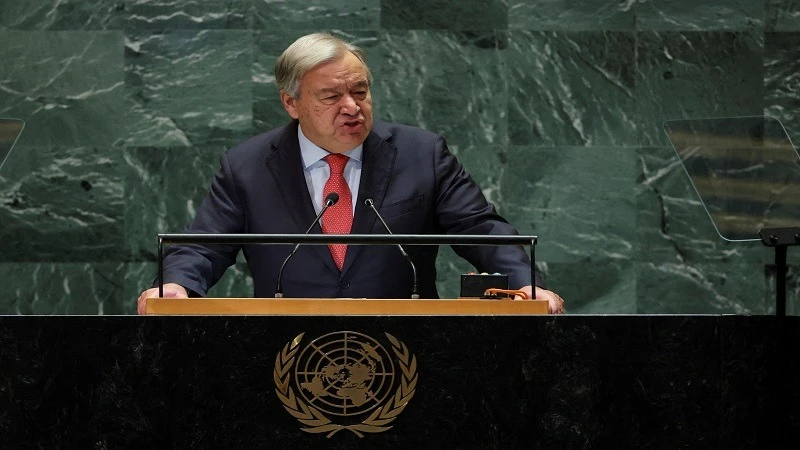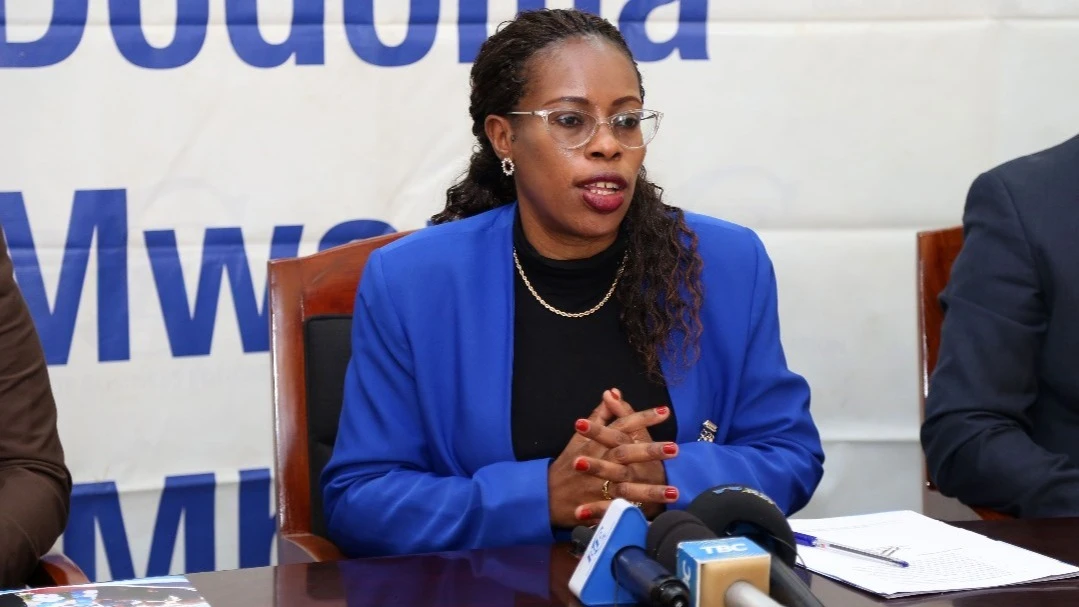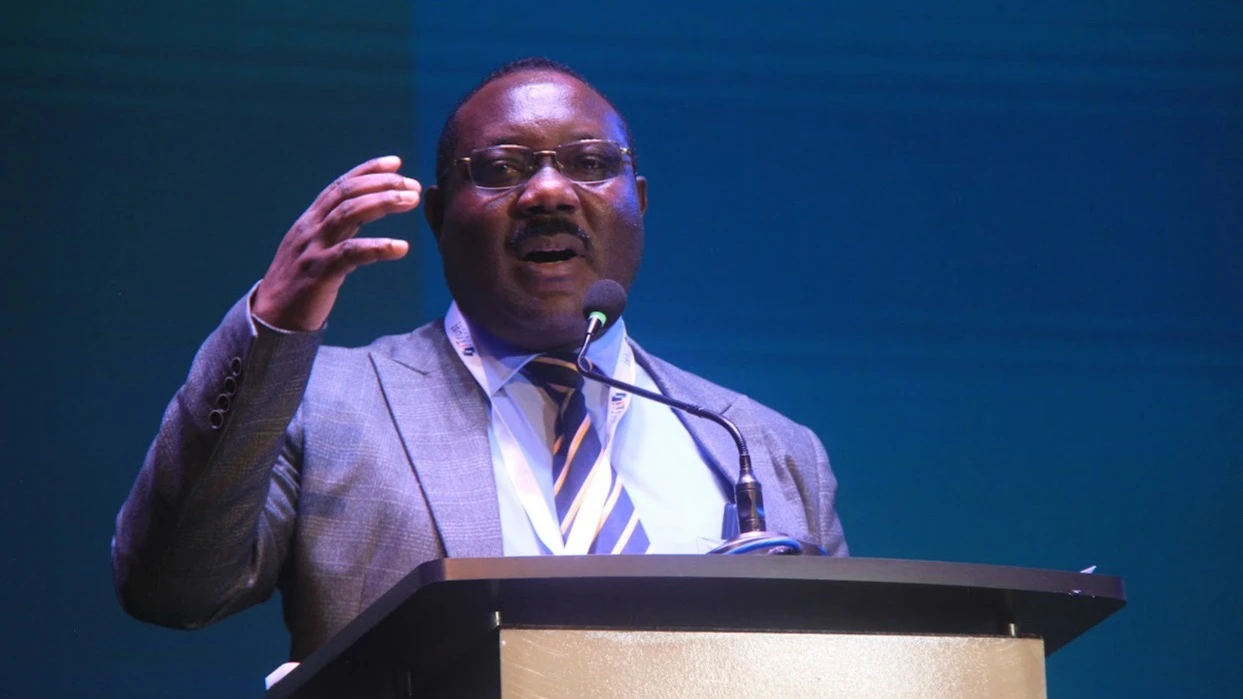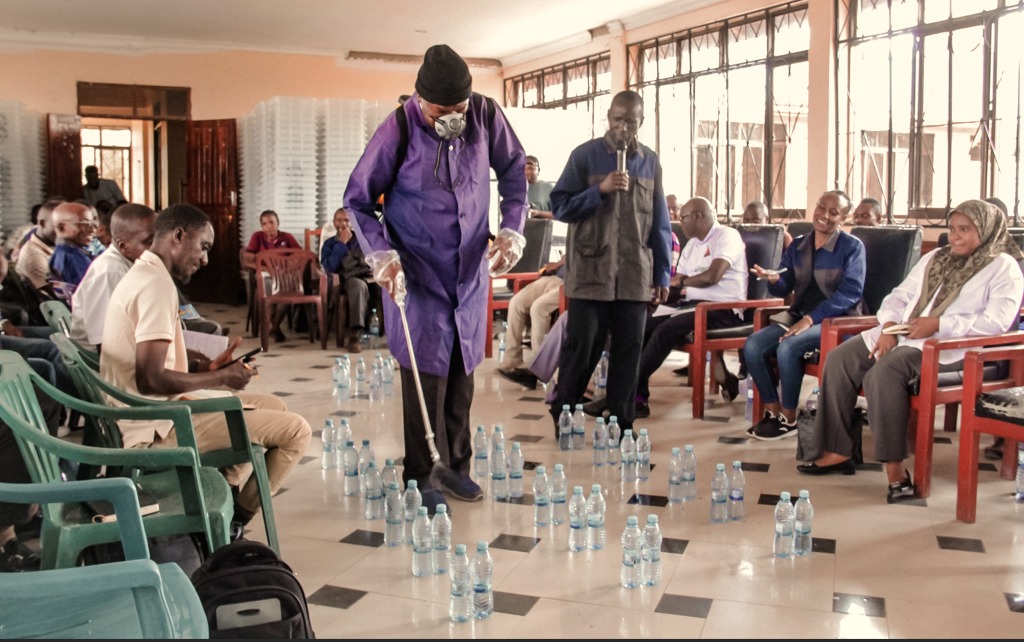UNEP decries 'inaction' in new emissions gap report `

AN emissions gap annual report for 2024 published by the United Nations Environment Programme (UNEP) has delivered a sobering reminder that the world is far from fulfilling its climate funding commitments.
In a video statement released at a press conference for launching the report at UNEP headquarters here, UN Secretary-General António Guterres warned that humanity is “teetering on a planetary tightrope.”
He stressed that without decisive action, the world risks plunging into climate disaster, disproportionately affecting the poorest and most vulnerable. “Either leaders bridge the emissions gap, or we face catastrophic consequences,” he declared in the message.
Released on Thursday, the report indicates that greenhouse gas (GHG) emissions soared to 57.1 gigatons of carbon dioxide (CO2) equivalent (GtCO₂) in 2023, a record high that jeopardizes the goal of limiting global warming to 1.5°C.
Global GHG emissions increased by 1.3 percent in 2023, placing the world on track for a 3.1°C temperature rise by the century's end—well above the limits set by the Paris Agreement, it showed.
Guterres asserted that limiting warming to 1.5°C is technically feasible but requires a 9 percent annual reduction in emissions until 2030 since “record emissions lead to record sea temperatures, fuelling extreme weather events.”
He stressed the urgent need for action ahead of the upcoming COP29 summit in the Azerbaijan capital of Baku, urging the adoption of new national climate action plans technically known as nationally determined contributions (NDCs) that align with the 1.5°C target.
He appealed for swift reductions in emissions and a rapid phase-out of fossil fuels, also pointing to the necessity of increasing climate finance for developing countries which face significant climate-induced challenges.
“COP29 must set a new finance goal to unlock the trillions needed for a clean energy transition,” he specified, tasking the G20 nations—responsible for 80 percent of global emissions—to lead in closing the emissions gap.
The wealthiest countries must act first; we need leadership now more than ever, he emphasised, as the UNEP report emphasizes that “the transformation to net-zero economies must begin urgently.”
It warns that without immediate and ambitious action, the world is on a path toward 2.6°C warming, far exceeding Paris Agreement targets, thus G20 nations must significantly enhance their policies to meet their NDC targets for 2030.
To achieve the 1.5°C pathway, global emissions need to decline by 42 percent by 2030 compared to 2019 levels, necessitating an annual reduction of 7.5 percent, it elaborates, identifying solar and wind energy as crucial technologies.
They can potentially deliver 27 percent of the needed emission reductions while forest-related measures could provide another 20 percent, it said, underlining expected NDC submissions due before February 2025, with concrete plans and robust financial backing.
These plans need to particularly cater for developing countries that require international support, UNEP stresses, stating the need for a comprehensive approach and stronger public-private partnerships to accelerate progress. “We are running out of time,” the report warns.
“The transformation to net-zero economies is unavoidable; acting sooner will save lives, ecosystems and economies,” in the words of Anne Olhoff, the UNEP chief climate advisor, who underlined the urgent need for accelerated climate action ahead of COP29 in an exclusive interview with IPS. “The next six years are crucial—without accelerated action, we will miss the chance to limit warming to 1.5°C,” she warned.
Olhoff stressed that while ambition is essential, “What we need most is immediate action.”
The emissions gap report is a bridge between science and policy, advocating for financial and technical support to ensure a just transition for developing countries, she stated.
As chief climate advisor and part of the UNEP Copenhagen climate centre management, the .leading expert provides climate science-policy advice and supports climate strategy development and implementation at the UNEP Secretariat.
Olhoff has worked with UNEP throughout her career and has more than 25 years’ experience in international science-policy advice, technical assistance and research on climate change mitigation and adaptation in the context of sustainable development.
With the COP29 summit approaching, UNEP urges nations to align their policies with 1.5°C pathways. Without immediate action, the once achievable 2°C target may soon slip out of reach.
“Ambition without action is meaningless,” the report stated, emphasizing that commitments must be supported by robust implementation plans.
Top Headlines
© 2024 IPPMEDIA.COM. ALL RIGHTS RESERVED






















